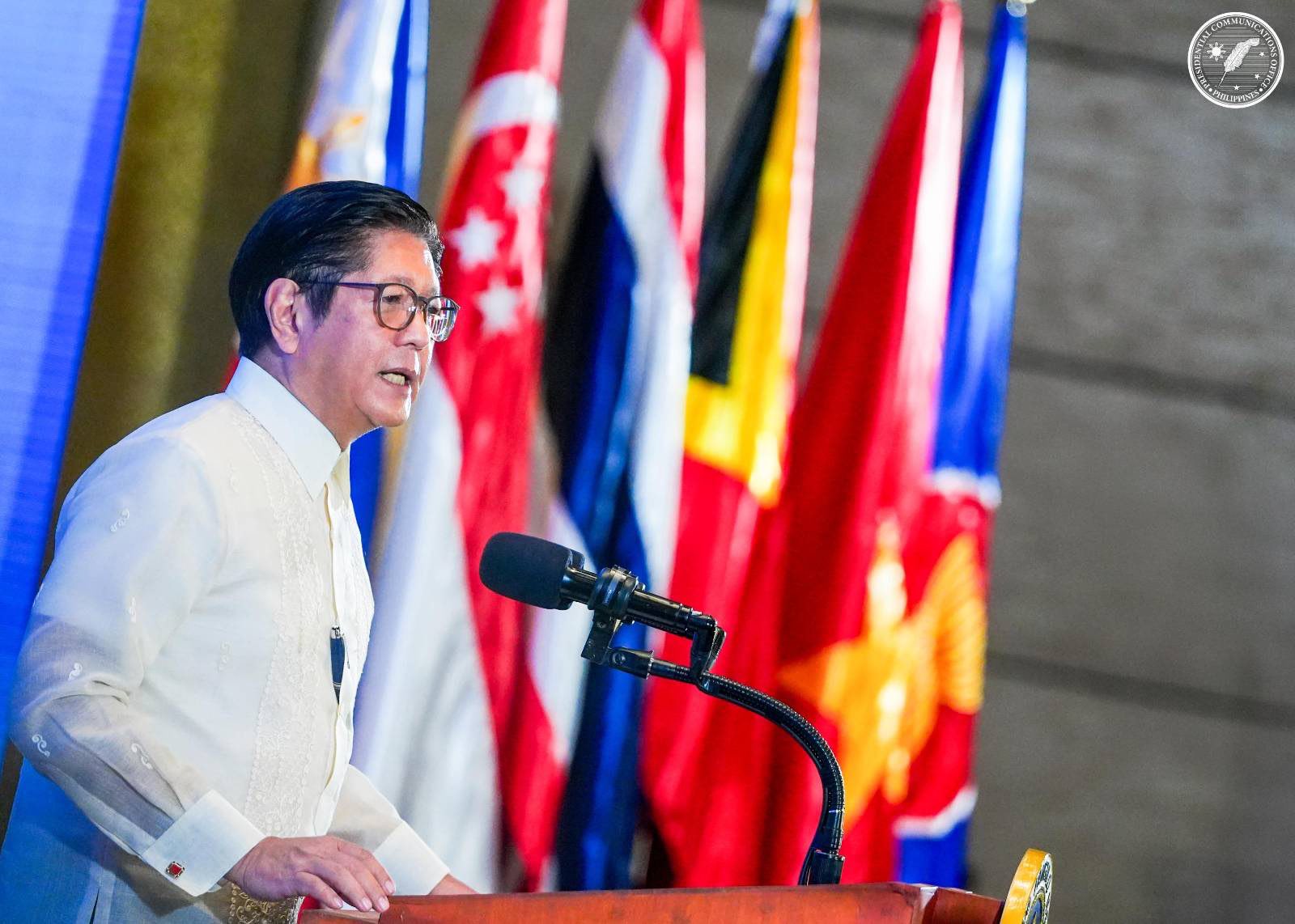
By Brian Campued
The signing of the Association of Southeast Asian Nations (ASEAN) Treaty on Extradition (ATE) is expected to strengthen regional cooperation in combating transnational crimes and ensure accountability across borders, President Ferdinand R. Marcos Jr. underscored.
During the 13th ASEAN Law Ministers Meeting (ALAWMM) in Taguig City on Friday, the President said the ATE reflects Southeast Asia’s collective resolve in preventing fugitives from evading justice.
“The signing of the ATE will be a defining moment in our effort to bring to justice those who have acted against the law. With this landmark treaty, we send a clear message to the world that we are united and that our legal foundation is stronger than ever,” Marcos said in his keynote address.
A binding legal instrument, an extradition treaty allows the surrender of a fugitive found in an ASEAN member state to a requesting country where the individual is being prosecuted or needs to serve a sentence.
Marcos said the ATE harmonizes legal principles in international agreements, including the extradition of nationals, procedures for provisional arrest and documentation, and mechanisms for dispute settlement and implementation.
In the Philippines, the Department of Justice serves as the central authority—with the Office of the Chief State Counsel responsible for preparing or processing extradition requests.
Marcos also urged ASEAN member states to strengthen their laws to ensure a safe digital space, warning of emerging transnational challenges such as cybercrimes.
“I speak of the threat of cybercrimes and the ethical and legal implications of artificial intelligence. We must ensure that our laws can govern the digital space fairly and securely,” he said.
He likewise stressed the need for ASEAN member states to intensify efforts aimed at ensuring the region’s growth “sustainable, secure, and rooted in human dignity.”
The Chief Executive said the regional bloc’s legal framework must work “for the benefit of our peoples.”
Meanwhile, Marcos assured Timor-Leste of the Philippines’ support and assistance as the newest ASEAN member joins the ALAWMM.
“Ladies and gentlemen, the Philippines reaffirms its commitment to working with all member states towards a stronger and more resilient ASEAN,” Marcos said.
Established in 1986 and convened every two years, the ALAWMM serves as a vital platform for fostering collaboration in launching new initiatives among ASEAN’s legal institutions.
The Philippine Department of Justice is hosting this year’s ALAWMM from Nov. 14 to 15.
-jpv
